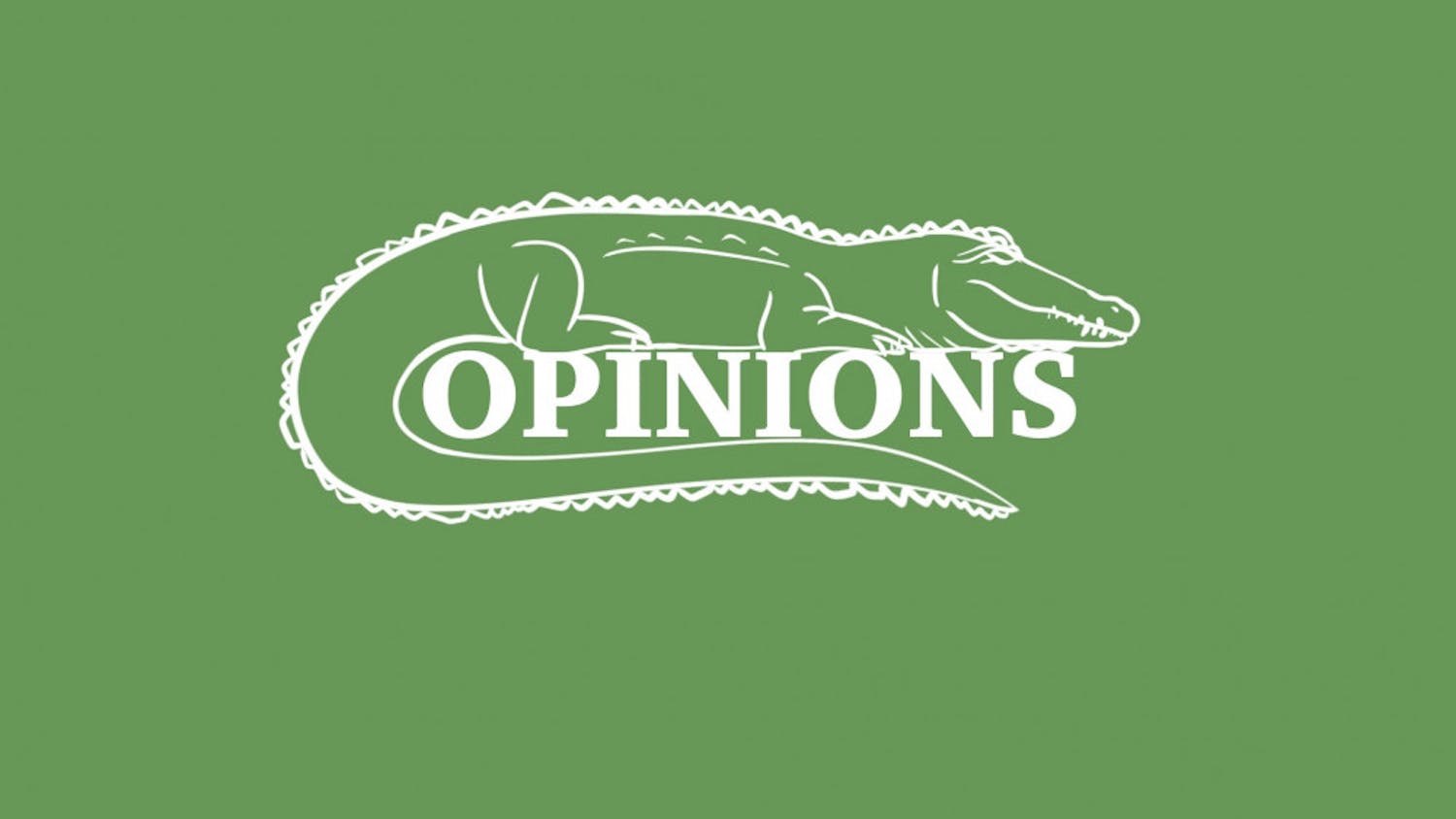Currently, our country is in the middle of an intense debate on the nature of entitlement programs for present and future generations. This summer, I had the opportunity to travel to South Africa to see how their social programs and regulations function.
It is no surprise that when Nelson Mandela came into power in 1994, throngs of people who had been cruelly suppressed for so long desired a more equitable distribution of the country's wealth. A product of this feeling was the new South African constitution, which South Africans told me was the most progressive in the world.
It includes the rights to free housing for the poor, health care for all, rights to employment and even the right of gay marriage. On the surface, it appears to be one of the noblest documents ever produced, that is, before you see what it has helped create.
In the slums of Alexandria, the clearest problem was unemployment. The government promised everyone a job, and then instituted a minimum wage for various occupations. The wage is pitifully low by U.S. standards, but there is such an abundance of low-skilled labor from apartheid that any minimum wage seemed to create huge unemployment.
In fact, the South African textile industry was suffering severely from Chinese competition. Without the power to lower wages, many companies were forced to close. In the absence of jobs, some young men inevitably join gangs like the Young Americans, JFKs and Ugly Americans, contributing to one of the world's highest violent-crime rates.
Black Economic Empowerment affirmative action in South Africa required certain jobs be filled with people of a certain racial categorization. Private companies in South Africa had to meet ownership requirements in which someone of nonwhite descent had to own a large percentage of the company. One man told me the government was obligated to only use nonwhite contractors. These firms were shell companies with no engineering knowledge and would require millions of dollars more than the price offered by white-owned firms, receive the contract and then subcontract to the white firm at the price they originally bid.
All that the BEE affirmative action policies seem to have accomplished is a racial diversification of the rich. Many politically connected men are driving around in luxury vehicles and have become millionaires. In fact, there are now more black millionaires than white millionaires in South Africa. The intent of the policy was to create broad-based prosperity in the nonwhite community, but it seems that all it has left is an upper-class intent on retaining their wealth generated by a corrupt system.
Every indication is that these policies have caused masses of the affluent white community in South Africa to emigrate to opportunities elsewhere. They are now being limited in the economy of South Africa just as they once limited black Africans.
Growth in South Africa is being severely restricted by these redistributive practices, and the tiny tax base is continually diminishing.
Now politicians are talking about nationalizing the mining industry, further undermining investor and corporate confidence in the country, which would lead to further job losses and capital withdrawals.
The policy actions taken by the government, given the painful legacy of apartheid, are emotionally understandable; however, they continue to keep South Africa's most disadvantaged groups mired in their condition. The mindset instilled in the poor is that the country will take care of them and that they should have low expectations for their own abilities to rise out of poverty. In South Africa, the government promised the moon and has been unable to even deliver a moon rock.
Travis Hornsby is a UF statistics and economics senior.





